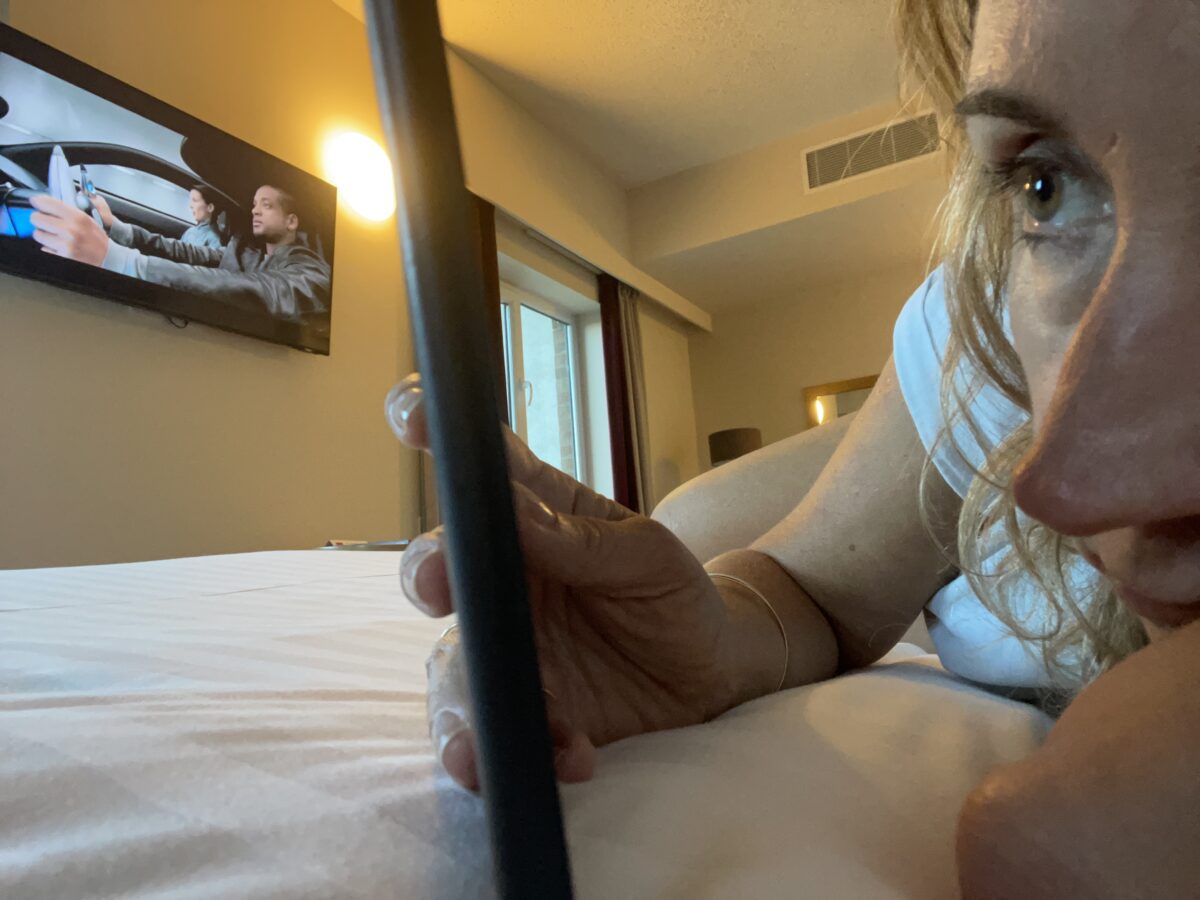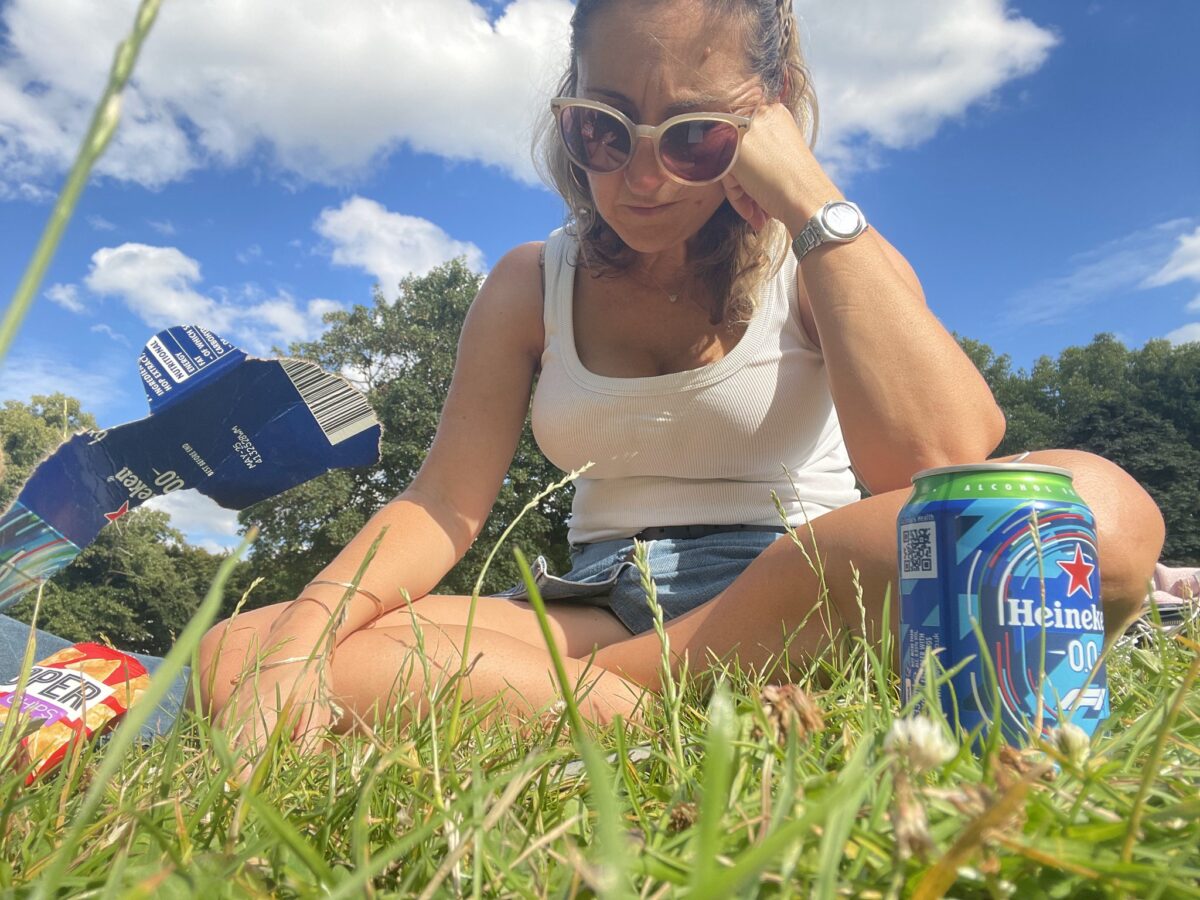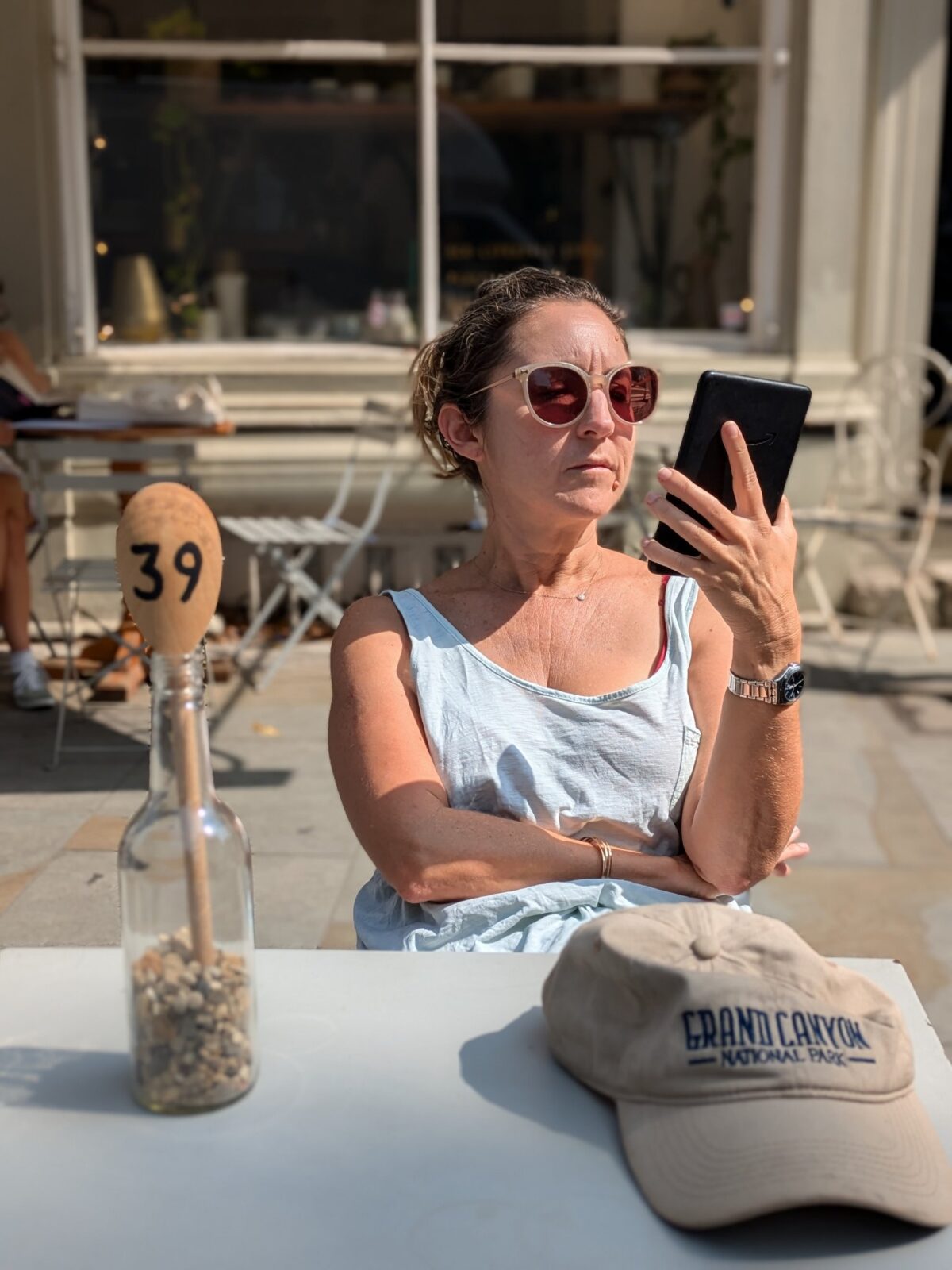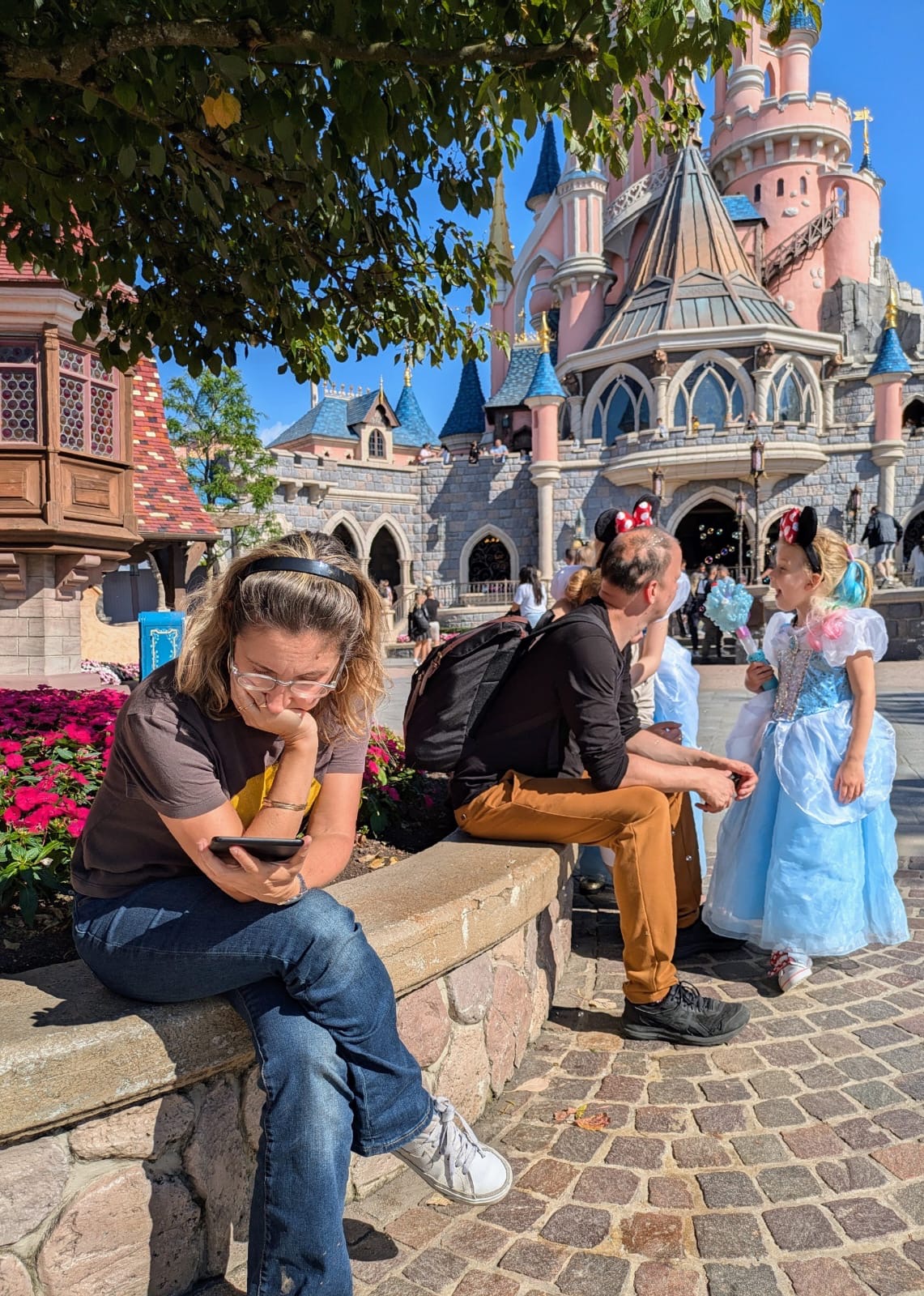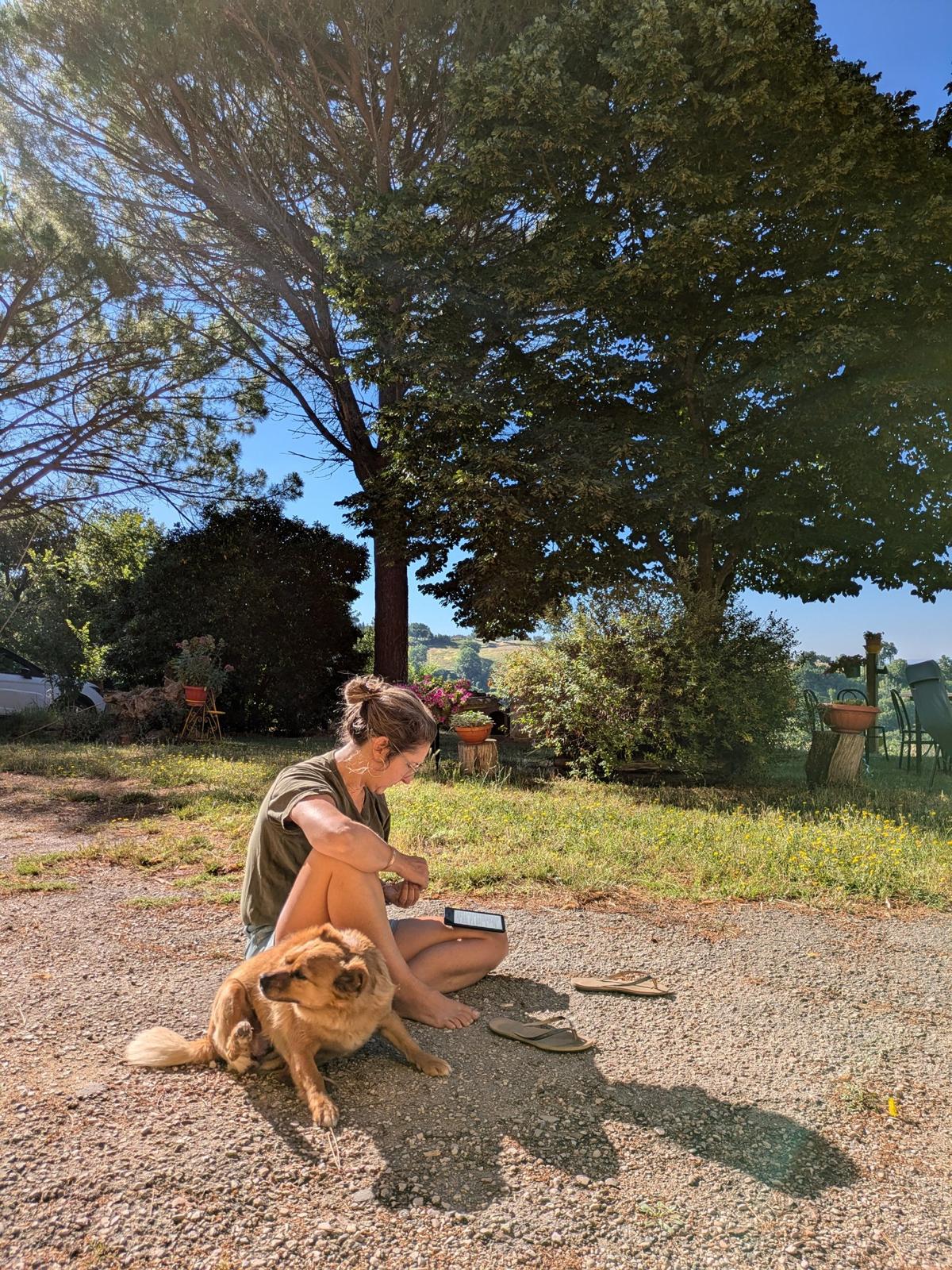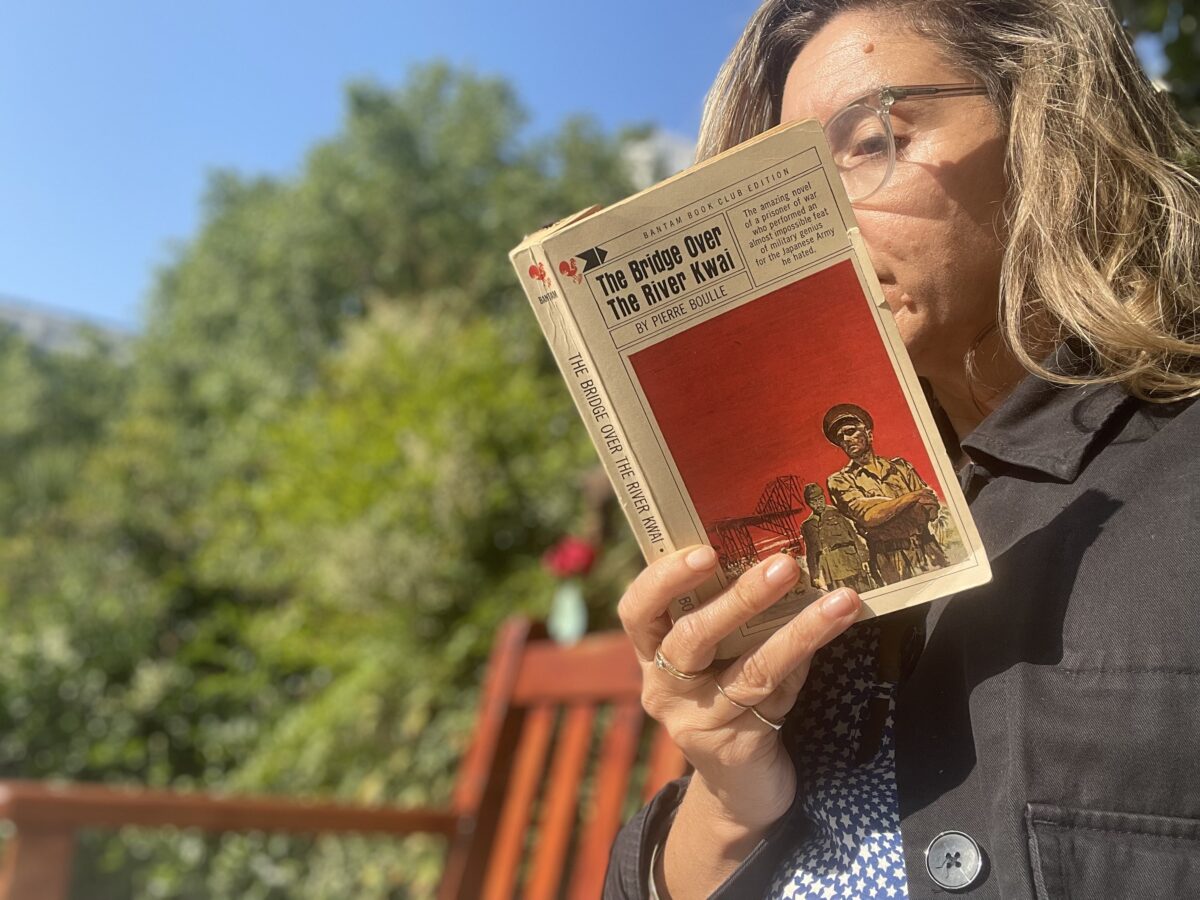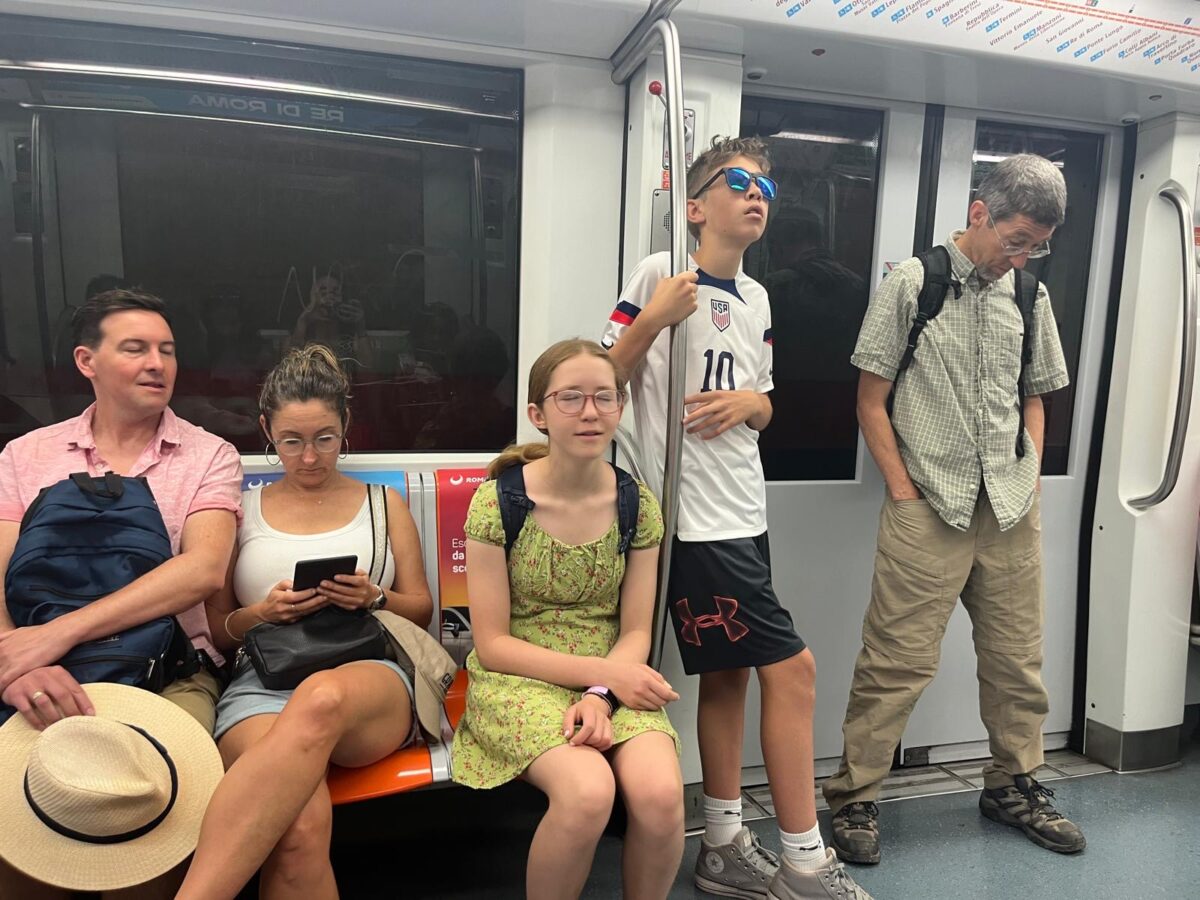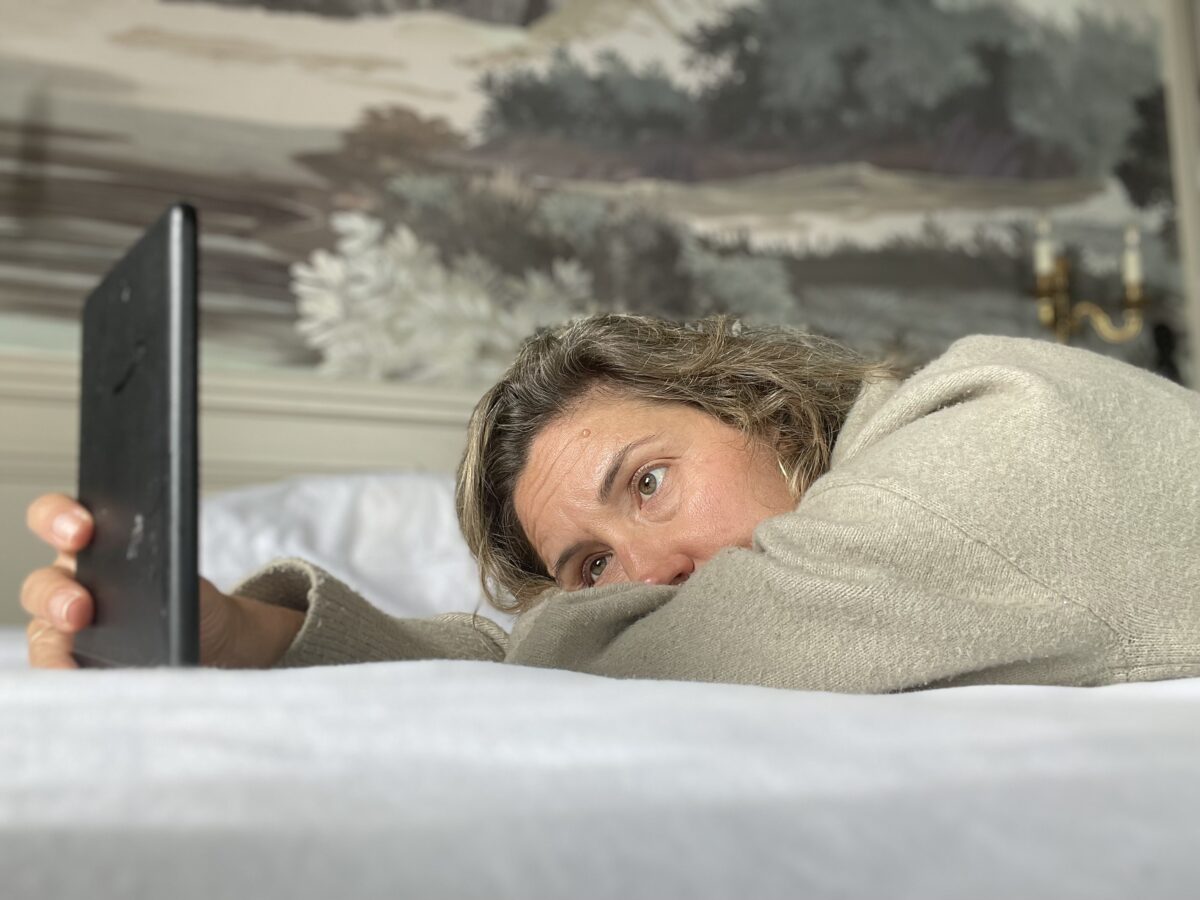This is SUCH a fun book. It tells the story of a government program that manages to bring a handful of people from the past (specifically 16th, 17th, 18th centuries) into the present day. SPOILER ALERT, it is mostly a kind of rom-com about the relationship between a Victorian polar explorer and his present day minder, a government employee. All time travel books run the risk of getting into but-what-if-I-killed-my-grandfather territory, and I won’t say this book doesn’t get there. But who cares when it is so fun. Try this:
“He was introduced to the washing machine, the gas cooker, the radio, the vacuum clear.
‘Here are your maids,’ he said.
‘You’re not wrong.’
‘Where are the thousand-league boots?’
‘We don’t have those yet.’
‘Invisibility cloak? Sun-resistant wings of Icarus?’
‘Likewise.’
He smiled. ‘You have enslaved the power of lightning,’ he said, ‘and you’ve used it to avoid the tedium of hiring help.’
‘Well,’ I said, and I launched into a pre-planned speech about class mobility and domestic labour . . . and by the end I’d moved into the same tremulous liquid register I used to use for pleading with my parents for a curfew extension.
When I was finished, all he said was, ‘A dramatic fall in employment following the ‘First’ World War?’
‘Ah.’
‘Maybe you can explain that to me tomorrow.'”
That gives you a good sense. It’s a deeply thought though culture-clash story and I really enjoyed it. I don’t believe it would really be possible for a Victorian man to have a happy relationship with a contemporary woman, but there you go, that is just because I am a miserable feminist killjoy and takes nothing away from the story.

